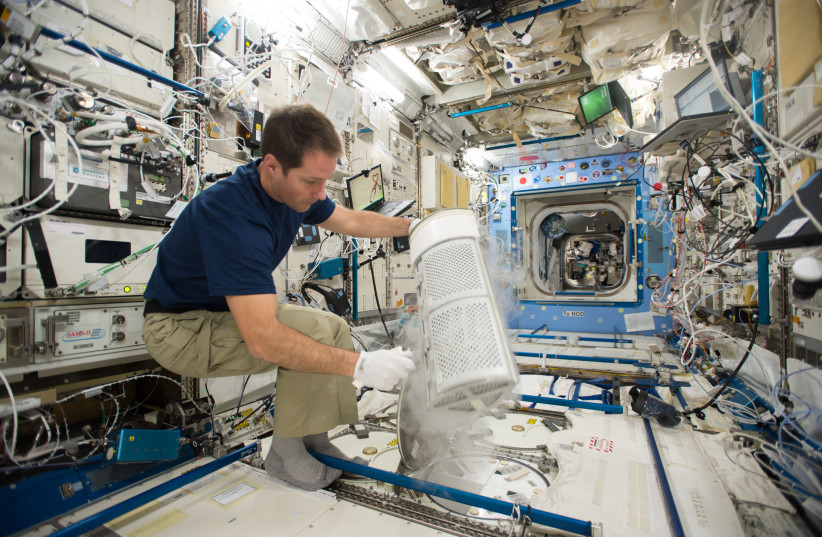Immune systems can be weakened by space travel - what causes such an immune deificit? - study
The authors suggested that the change in gene expression of leukocytes under microgravity is triggered by a “fluid shift."

Astronauts who work in the International Space Station (ISS) – the largest modular space station in low Earth orbit that is the cooperative effort of the space agencies of the US, Canada, Japan, Europe and Russia – seem to be more susceptible to infectious diseases while in space.
These astronauts have commonly suffered from skin rashes and respiratory and non-respiratory diseases and to shed more live virus particles such as those from the Epstein-Barr virus, varicella-zoster responsible for shingles, herpes-simplex-1 responsible for sores and cytomegalovirus.
The researchers from the University of Ottawa and Ottawa Hospital have just published their study under the title “‘The transcriptome response of astronaut leukocytes to long missions aboard the International Space Station reveals immune modulation” in the journal Frontiers in Immunology.
What could cause that immune deficit?

A total of 15,410 genes were found to be differentially expressed in leukocytes. Among these genes, the researchers identified two clusters, with 247 and 29 genes respectively, which changed their expression in tandem along the studied timeline.






